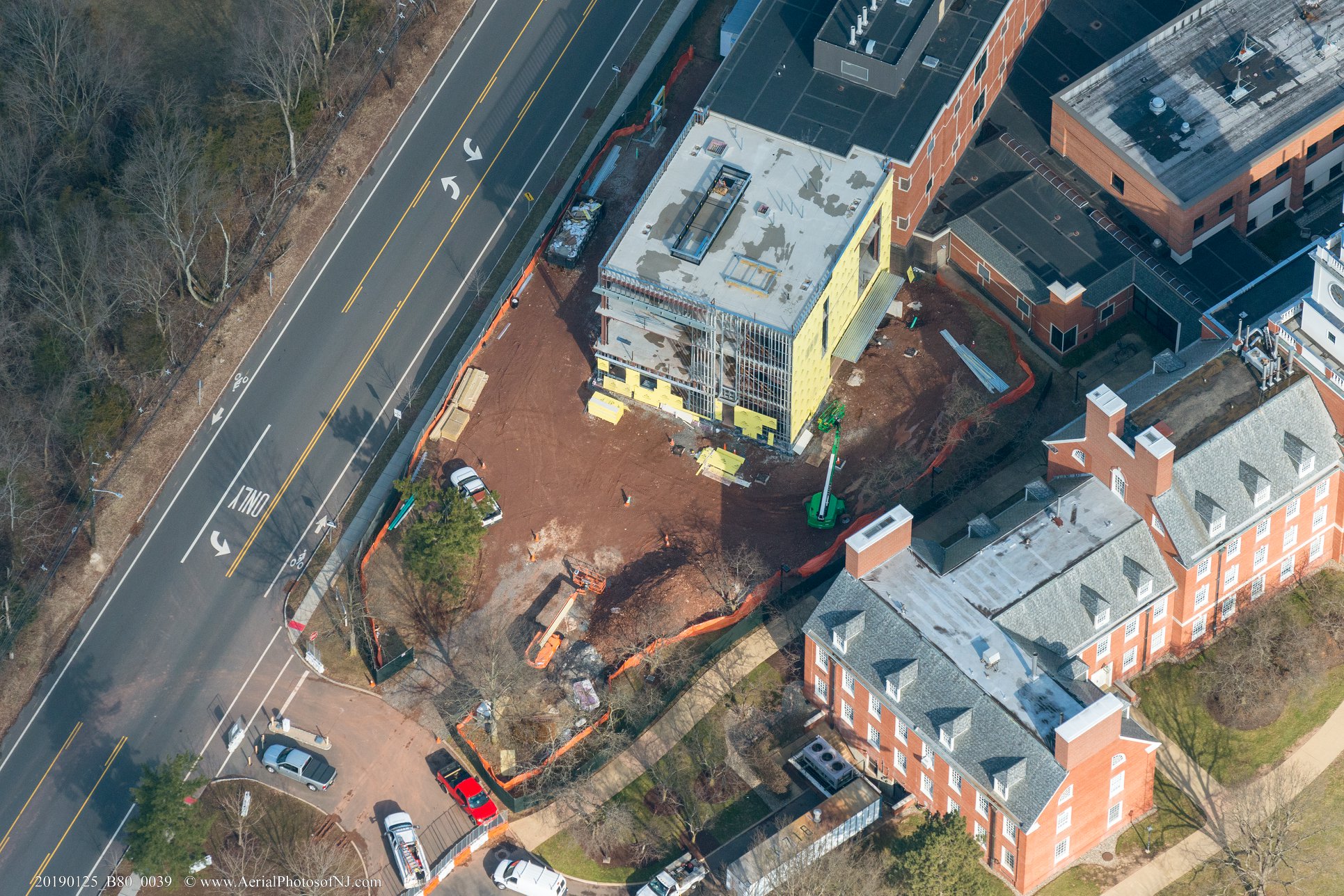Research Overview
Understanding The Relationship Between Hypoxic Stress, Mitochondria, & The Brain
Our research philosophy is based on curiosity driven science, where we apply the most appropriate techniques to answer specific questions. Using the simple genetic model organism C. elegans as an in vivo system. Using these small (1 mm), transparent nematodes, we address questions regarding how neurons respond to hypoxic stress, how they regulate responses to that stress in other tissues, and how the regulation of mitochondrial dynamics and quality control plays a fundamental role in brain function, homeostasis, and aging.
